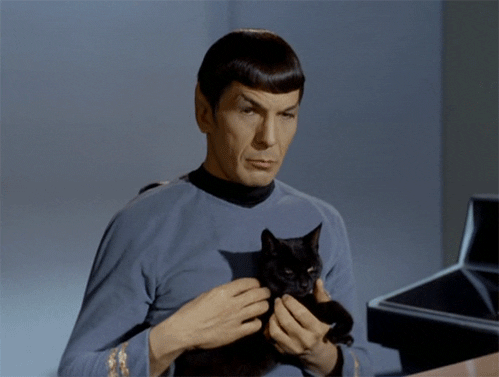Star Trek, as an iconic science fiction franchise, has always been known to push the boundaries of what is possible both within its universe and our own. One aspect that sets it apart from other franchises is how deeply it delves into social issues and implications. From its inception with Star Trek: The Original Series (TOS) in 1966, creator Gene Roddenberry envisioned a future where humanity had evolved past many of the societal problems we face today.
In this utopian vision, humans have come together to form a united federation known as the United Federation of Planets (UFP). This organization represents an idealized version of global cooperation and unity that transcends borders and cultural differences. The UFP serves as a model for how societies could potentially work together in harmony if we were able to overcome our own prejudices and biases.
Furthermore, Star Trek explores complex themes such as equality, diversity, and inclusion through its various characters. For example, the original series featured Lieutenant Nyota Uhura, played by Nichelle Nichols, who was one of the first African American women to have a leading role on television. Her character challenged racial stereotypes and paved the way for more diverse representation in media.
In conclusion, Star Trek serves as an important platform for exploring social implications and challenging societal norms. Its vision of a united federation represents what could be possible if we were able to set aside our differences and work together towards common goals. By showcasing characters from various backgrounds and experiences, the franchise encourages viewers to embrace diversity and inclusivity in their own lives.
